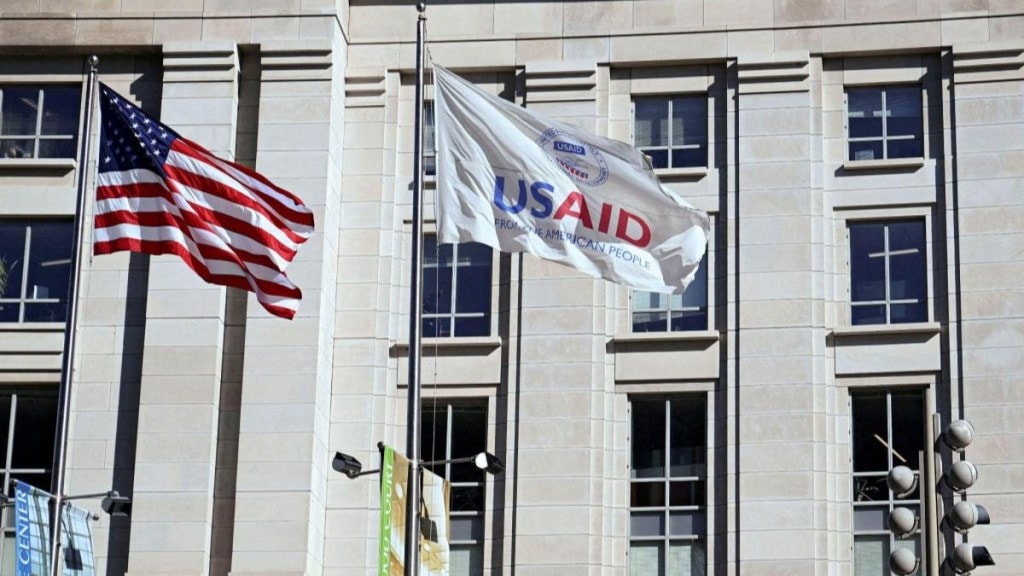A senior official at the US Agency for International Development (USAID) has instructed employees to shred a substantial volume of records, according to a court filing on Tuesday by government employee unions seeking an emergency order to halt the destruction.
In a motion filed in federal court, the unions referenced an internal email from USAID’s acting executive secretary, Erica Carr, directing staff to report to the agency’s office for “clearing classified safes and personnel documents”. The email, included in the filing, stated, “Shred as many documents first and reserve the burn bags for when the shredder becomes unavailable or needs a break.” However, it did not specify the nature of the documents to be destroyed.
The unions argue that this directive indicates “a rapid destruction of agency records on a large scale”, in violation of federal record-keeping laws. They further assert that the shredding could eliminate key evidence in their ongoing lawsuit, which seeks to challenge the dismantling of USAID under President Donald Trump.
White House Deputy Press Secretary Anna Kelly dismissed the allegations on X, calling reports of document destruction “fake news hysteria”. She stated that the documents being shredded were “old, mostly courtesy content (content from other agencies) and the originals still exist on classified computer systems”. Kelly also noted that the USAID headquarters would soon be occupied by US Customs and Border Protection, implying an administrative necessity for clearing out old materials.
The lawsuit was filed by the American Federation of Government Employees and the American Foreign Service Association, alongside anti-poverty organisation Oxfam America. The plaintiffs claim that Trump exceeded his presidential authority by effectively shuttering an independent agency created by Congress, terminating agreements with third-party partners and either firing or placing on leave thousands of USAID employees.
The plaintiffs on Tuesday requested US District Judge Carl Nichols to issue a temporary restraining order preventing further destruction of records. They argue that if the court eventually rules in their favor, the loss of vital personnel and operational records could prevent USAID from resuming its full functions.
(With inputs from agencies)

